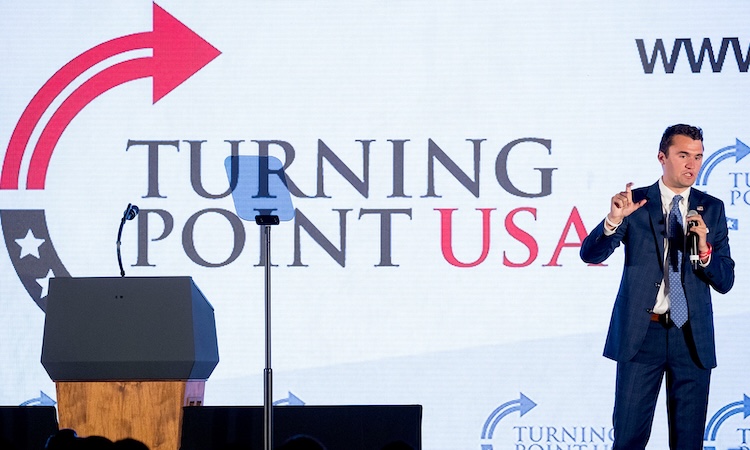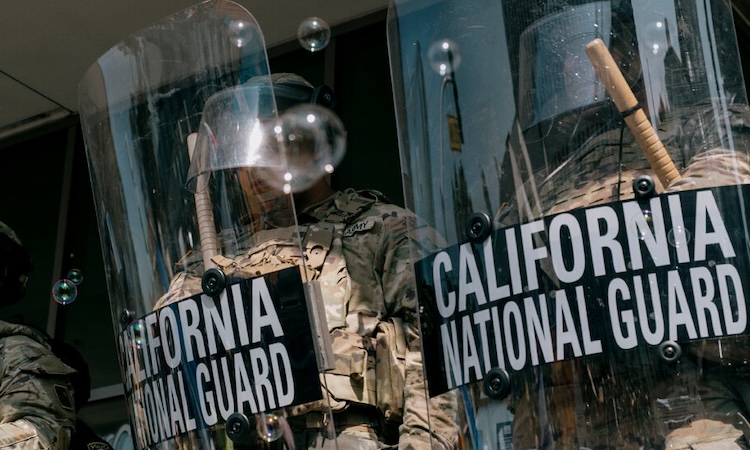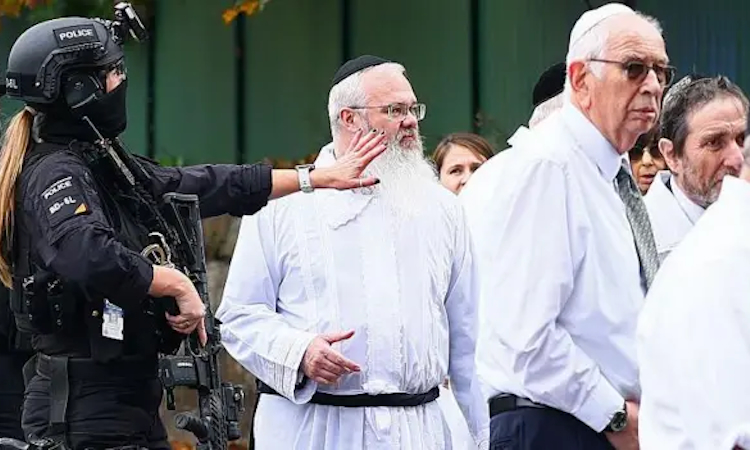Reproduced from the Class Consciousness Project, with thanks.
*****
While the investigation into the motive and circumstances of this killing is ongoing, the event invites a sober analysis of its potential geopolitical implications, the historical consequences of political violence, and its likely use as an instrument to reinforce the power of the two parties of the US oligarchy.
The geopolitical dimensions of assassinations
It is premature to draw definitive conclusions about state involvement in Kirk’s death. However, reporting from outlets like The Grayzone merits examination for its potential geopolitical significance.
According to their sources, a friend of Kirk relayed that he had recently refused funding from interests aligned with Israeli prime minister Benjamin Netanyahu and had confessed to being “frightened” by threats issued by pro-Israel forces in the weeks before his death.
If true, this narrative suggests a disturbing pattern wherein dissenting voices, even those within establishment circles, can face extreme retribution if they step out of line. The swift offering of a hagiography by Netanyahu following the news of Kirk’s death adds another layer to this complex picture.
It seems that, at the very least, there is a concerted effort to use Kirk’s death to further the aims of reactionary, rabidly imperialist forces.
The historical repercussions of assassinations
Until more evidence is presented, this incident is being treated by many observers as an act of political violence. Historically, such actions have consistently proven to be counterproductive to revolutionary and radical working-class movements.
The 1881 assassination of Tsar Alexander II by the Narodnaya Volya peasant-based anarchist group in pre-revolutionary Russia serves as a poignant example. Rather than sparking a popular uprising, as the party’s adherents hoped it would, the act generated public sympathy for the monarchy and was used to justify severe crackdowns.
The so-called ‘temporary regulations’ enacted in the aftermath of the assassination remained in effect until 1917, enabling widespread arrests, exile without trial, and the suppression of allegedly ‘subversive’ speech. Similarly, the 1905 assassination of Grand Duke Sergei Alexandrovich became a pretext for suppressing the ongoing revolution.
There is evidence now available showing that many of the terrorist acts in pre-revolutionary Russia were in fact carried out by double agents who were under the control of the tsarist secret police (the Okhrana).
Whether or not the act itself was the work of provocateurs, the likely outcome of the Kirk assassination will follow this historical pattern: an expansion of state security measures, increased surveillance, and the justification of crackdowns, particularly on ‘dissident’ groups such as pro-Palestine activists, given Kirk’s well-documented zionist stance.
The lesson of our history is that what VI Lenin condemned as “individual terrorism” ultimately furnishes the bourgeois state with the perfect pretext to consolidate its power against its critics.
Division and weaponised narratives
In the aftermath of Kirk’s shooting, which was utilised in Europe as well as in the USA for the same purposes, the public discourse has fractiously split along predictable lines – as no doubt desired by the ruling class. One side of this narrative faults Kirk for his pro-Israel and pro-gun advocacy, while another decries “left-wing violence” and demands mass immediate and draconian repression of all “leftists”.
This division is not an accidental byproduct but a feature of the modern political environment.
These events are effortlessly absorbed into the ongoing “culture war”, channelling public anger into debates over gender politics as if they were partisan team sports. Such an atmosphere serves to obscure underlying class issues – poverty, deindustrialisation, wealth inequality – and prevents the development of the class consciousness of the US (and British) proletariat.
Hysterical talk about an impending “civil war”, while inflammatory and illogical when examined historically, is a powerful tool for furthering this division.
Class solidarity not bourgeois partisanship
The solution to such provocations lies not in reactive violence or sectarian infighting, but in disciplined organisation and a clear-eyed focus on material class issues. History demonstrates that revolutionary progress – from feudalism to capitalism, and inevitably beyond – is a long and difficult process, often hampered by state repression and internal discord.
Events like the killing of Charlie Kirk are designed to disrupt this process. The most effective response is to recognise these tactics, reject divisive narratives, and reaffirm a commitment to building solidarity among the working class.
The struggle against imperialism and for a planned economy and socialist system will be won through persistent organisation and education, not counterproductive acts that play into the state’s hands.















